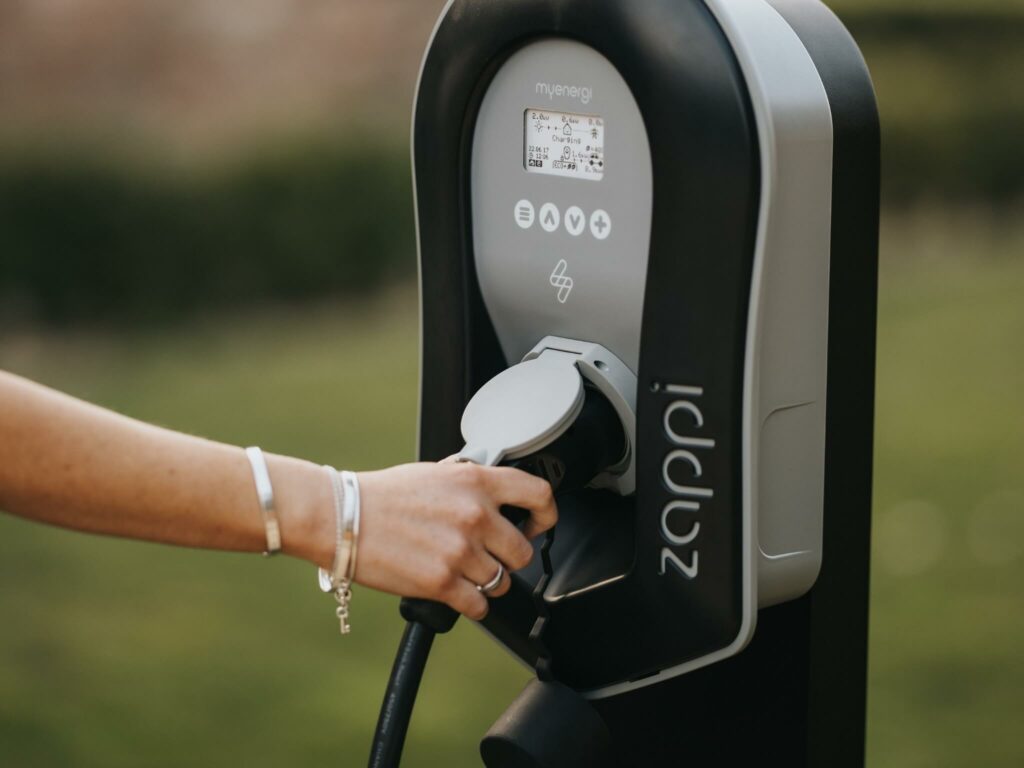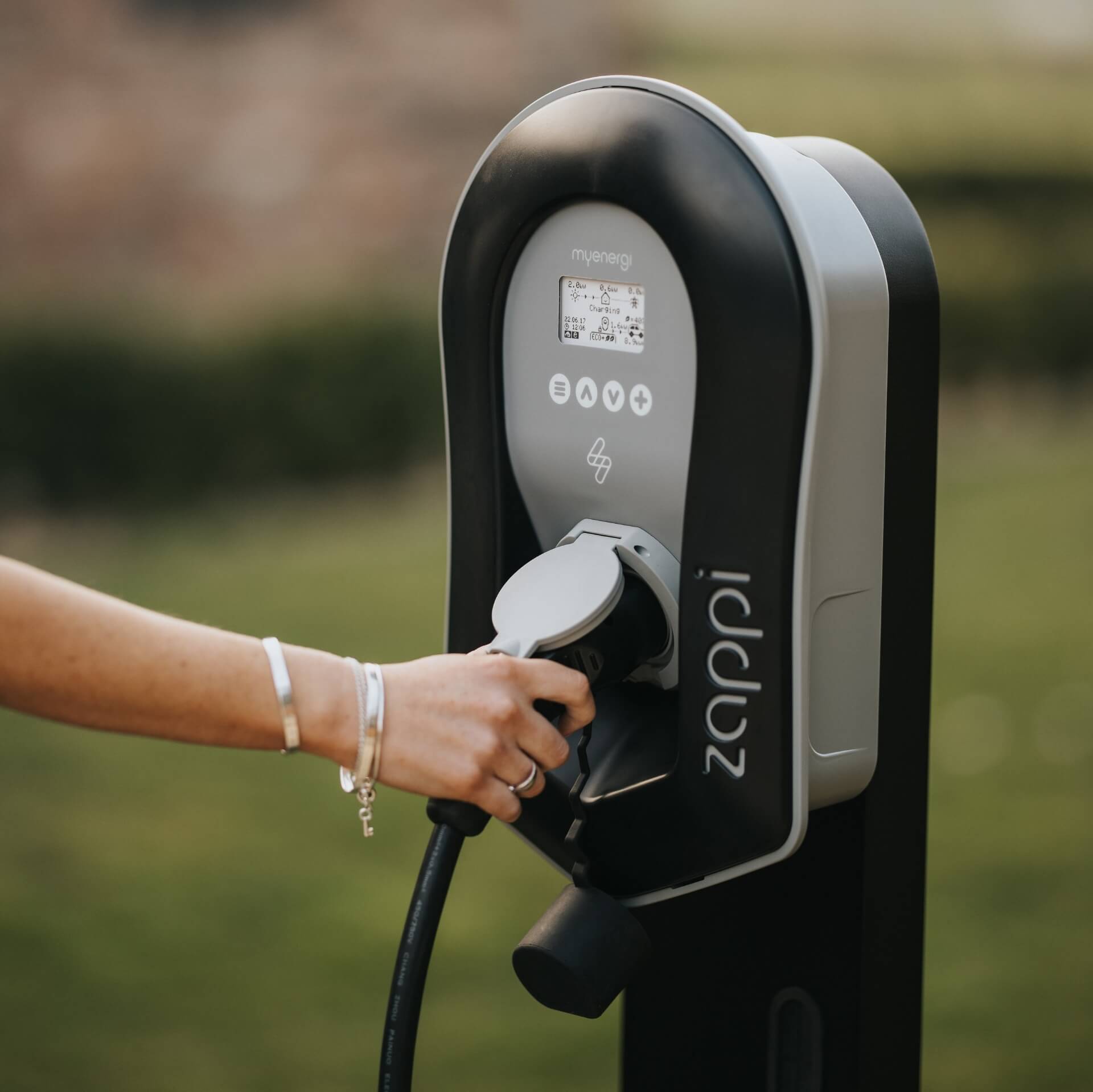What is a Smart EV Charger?
Smart Charging is like giving your electric vehicle a bit of brainpower when it comes to juicing up. By connecting it to the grid, your EV charger can have a good ol’ chat with your car, the folks running the charging station, and even the energy company, all through data links. It’s not just plugging in and hoping for the best; it’s a smart, coordinated effort to get your vehicle charged up just right!

What kW car charger do I need at home?
Here in Australia, most homes are hooked up with a single phase AC supply, limiting the charging rate to 7kW. That’s why 7kW chargers are the typical choice for domestic home charging.
However, there’s a change in the wind. Some of the newer builds are getting equipped with a three-phase AC supply. If your place is rigged like that, you’re onto a winner! You can amp up the charging speed and might want to look into a 22kW charger.
So, these 22kW chargers? They’re finding their way into smaller commercial joints, workplaces, or those brand-spanking-new developments. A bit of Aussie charging wisdom for you!
What is a smart EV charger?
A truly intelligent smart EV charger will also have the ability to integrate with other renewable energy sources such as solar panels, domestic wind turbines, battery storage and work harmoniously with elements such as air source heat pumps and wider renewable energy technologies around the building.
Other factors such as how it can save customers money through integration with time of use tariffs and economy tariffs should also be considered when selecting a smart charger.
zappi is a popular choice for those looking for a truly intelligent smart charger as it ticks all the boxes of what is considered a smart charger.
zappi has been carefully designed to include several features and functions to give users complete control of their electric car charging experience, such as the ability to utilise time of use and economy tariffs, allowing users to schedule chargers at times when energy tariffs are at their lowest, thus encouraging energy consciousness.
Not only does myenergi design their products for the complete user-friendly experience but equally with the installation process in mind. Reducing face fix cabling and the need to reduce disruption to existing buildings was an important factor in the product design process.
Accessories such as the, harvi product is an energy monitor which transmits import / export data to the other myenergi devices every 1 second completely wirelessly and negates the need to run wired CT clamps between devices.
Which EV charger is right for me?
What is fast car charging?
Fast car chargers are ultimately EV chargers which charge at rates between 7kW – 22kW AC. The process simply involves putting more electricity into your car’s battery at a faster rate. Where a typical 3 pin 13amp plug socket in the home would charge at the rate of 2.3kW, fast chargers charge at more than three times the speed. 22kW in comparison charge at more than nine times the speed.
• 2.3kW 3 pin plug socket (known as granny charging) – would take around 24 hours on average to fully charge from 0 – 100% (dependent on vehicle – note most Hybrids have very small batteries when compared to full EV’s)
• 3.5kW chargers (know as slow chargers) – would take around 16 hours on average to fully charge from 0 – 100% (dependent on vehicle – note most Hybrids have very small batteries when compared to full EV’s)
• 7kW chargers (known as fast chargers) – would take around 8 hours on average to fully charge from 0 – 100% (dependent on vehicle)
• 22kW chargers (known as fast chargers) – would take around 3-4 hours on average to fully charge from 0 – 100% (dependent on vehicle)
Fast chargers are not to be confused with rapid chargers or super chargers, which are the types of charger you’d use on longer journeys when you require a full charge in less than an hour.

